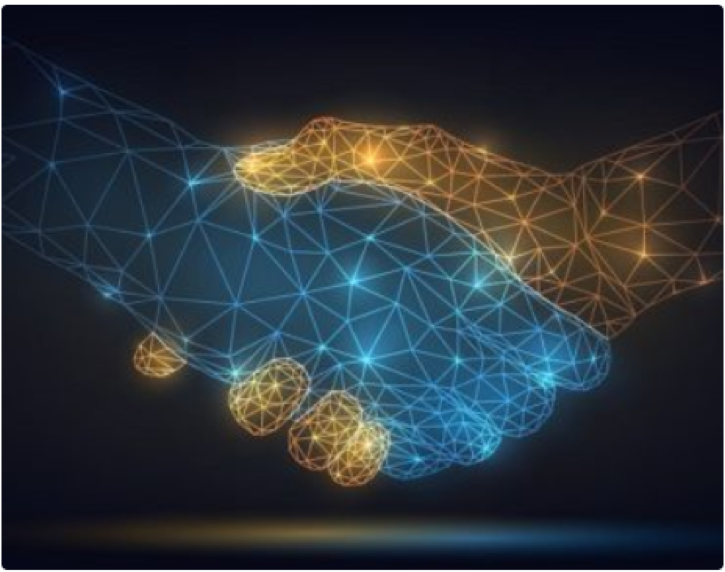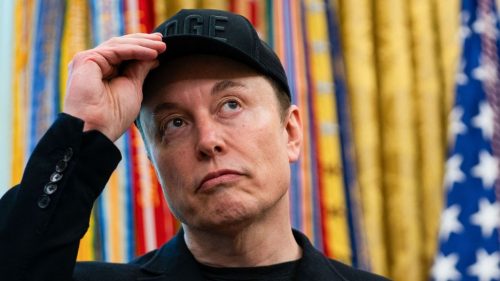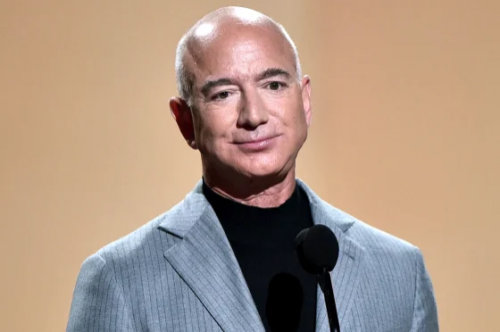A recent article by McKinsey & Co. perhaps best sums up the current zeitgeist on corporate environmental, social and governance (ESG) initiatives: “Although valid questions have been raised about ESG, the need for companies to understand and address their externalities is likely to become essential to maintaining their social license.” Artificial intelligence (AI) technology is a juggernaut of an externality, increasingly influencing how social license is granted – or not. Fortunately, amidst widespread public mistrust of artificial intelligence, using blockchain technology for AI governance can profoundly help companies wanting to build public trust in their responsible use of this.
Simply put, using blockchain technology to immutably record all the decisions made about an AI or machine learning (ML) model is a major step toward transparency, a critical precursor to trust. This use of blockchain allows auditability, as well, to further help establish trust. These tenets are at the heart of an AI governance model built around a corporate AI and model development standard, and enforced by blockchain technology.
Developing an AI decisioning model is a complex process that comprises myriad incremental decisions. These include the model’s variables, model design, algorithms, training and test data utilized, selection of features, the model’s raw latent features, ethics testing and stability testing. It also includes the scientists who built different portions of the variable sets, participated in model creation, and performed model testing. As enabled by blockchain technology, the sum and total record of these decisions provides the visibility required to effectively govern models internally according to corporate-defined standards, ascribe accountability and satisfy impending regulatory requirements.
The original article was published at EnterpriseAI.
The Boston Global Forum (BGF), in collaboration with the United Nations Centennial Initiative, released a major work entitled Remaking the World – Toward an Age of Global Enlightenment. More than twenty distinguished leaders, scholars, analysts, and thinkers put forth unprecedented approaches to the challenges before us. These include President of the European Commission Ursula von der Leyen, Governor Michael Dukakis, Father of Internet Vint Cerf, Former Secretary of Defense Ash Carter, Harvard University Professors Joseph Nye and Thomas Patterson, MIT Professors Nazli Choucri and Alex ‘Sandy’ Pentland. The BGF introduced core concepts shaping pathbreaking international initiatives, notably, the Social Contract for the AI Age, an AI International Accord, the Global Alliance for Digital Governance, the AI World Society (AIWS) Ecosystem, and AIWS City.











